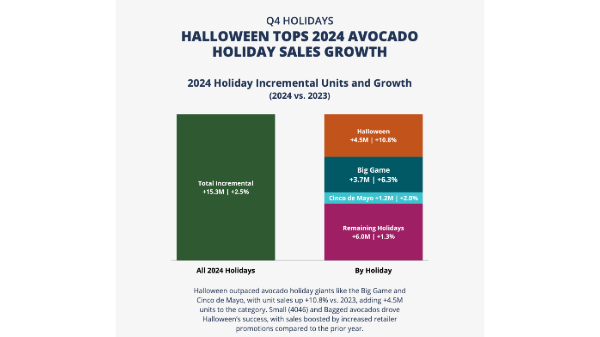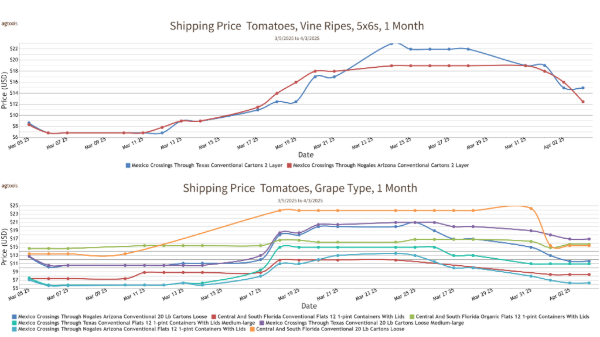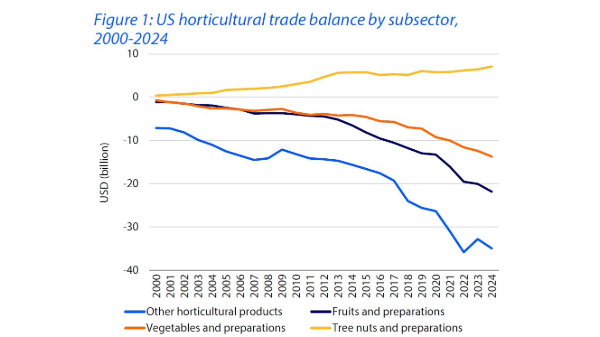Welcome to Blue Book!
Are you ready to join the thousands of companies who rely on Blue Book to drive smarter decisions? View our plans and get started today!
Still have questions? We’d love to show you what Blue Book can do for you. Drop us a line– we’ve been waiting for you.
Keys To Success
Finding and using properly qualified transportation brokers involves upfront planning. You must develop a logical transportation strategy to identify your needs, find qualified and well-matched brokers, and actively manage their performance. Shortcutting these responsibilities will create the unnecessary risk of delivery service failures, product degradation, and financial loss. Following are recommendations on how to make the most effective use of transportation brokerage services.
Identify brokers with produce transportation expertise – Movement of fresh produce is a complex task that involves seasonal peaks, geographic lane shifts, and pricing variation. Proper atmospheric control, timely delivery, and thorough inspection must be provided. Hence, a general freight broker will not understand these requirements or have the proper equipment. “Produce shipments are inherently more delicate, time-sensitive, and more vulnerable to damage than dry commodities,” says Fraser. “Identifying a broker who understands the demands of hauling produce and employs carriers that are experienced in the movement of produce is critical to long-term success.”
Hire financially stable brokers with strong internal processes – Before a single load is given to a broker, produce companies must complete a thorough screening process of a provider’s capabilities, such as its business model, size and geographic scope of operations, reputation, and financial stability. Also, review the provider’s carrier selection process, disruption recovery protocols, and problem resolution methods to ensure quality.
To find a capable and reliable group of brokers, Maguire suggests: “Ask about the number of refrigerated loads moved per year and the number of carriers in the broker’s portfolio. Tell them what you expect and ask how they can make it happen. You’d be amazed at the inability of some brokers to answer these simple questions.”
Build mutually beneficial relationships with brokers – Maximum benefit is gained when establishing strong ties to a small group of brokers, and compensating them fairly. Concentrating freight with trusted brokers allows them to better understand requirements, secure quality carriers at competitive rates, and perform to expectations. In turn, the produce shipper gains a loyal service provider with a vested interest in mutual success.
“Too many people only call when it is tough to find trucks and shop freight around for the cheapest rate possible,” says Stoiber. “That doesn’t allow brokers to do what they do best.” Instead, he recommends focusing on service quality and working with strong brokers year-round: “If you use a reliable broker during the slow and busy periods, you become of greater value to them and they will work harder to get you competitive rates. They’ll offer you their most reliable carriers and their best equipment.”
Evaluate broker performance – Never be complacent with transportation activities. Clear expectations and strong broker relationships should lead to desired results; however, it is important to follow the adage “trust, but verify” to validate performance and promote continuous improvement. “Provide the broker with proactive and honest communication,” notes Fraser. “Keeping the communication lines open and clearly outlining expectations will be the foundation for success.”
Stoiber says, “Don’t just expect that the work will get done. Make sure the transportation broker understands your needs completely. Then, follow up until the load is delivered in good condition.”








